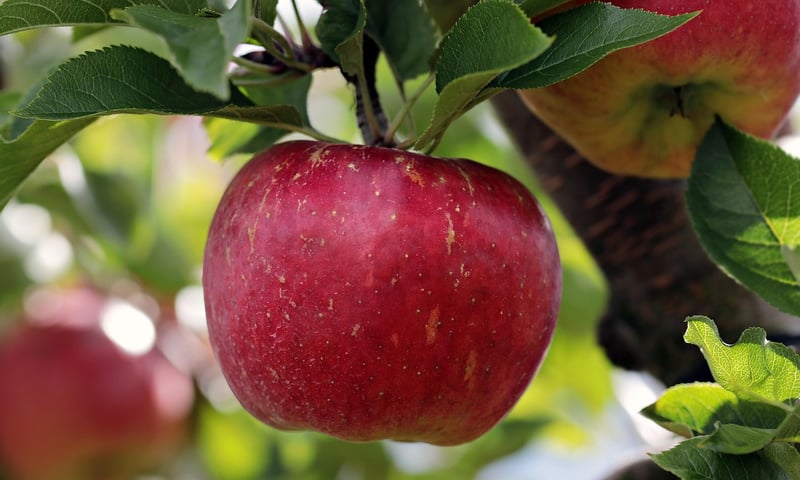Fruit Trees in Cities
Growing Food in Urban Areas: The Benefits of Fruit Trees in Cities
Urban agriculture, including the cultivation of fruit trees in cities, is gaining popularity as more people seek to reconnect with nature, reduce their environmental impact, and enjoy the benefits of fresh produce. Fruit trees not only beautify urban landscapes but also provide a sustainable source of nutritious food for city dwellers. Let's explore the advantages of growing fruit trees in urban areas.
Benefits of Fruit Trees in Cities
1. Improved Air Quality: Fruit trees help reduce air pollution by absorbing carbon dioxide and releasing oxygen. They also trap airborne pollutants, making cities cleaner and healthier.
2. Enhanced Urban Biodiversity: Fruit trees attract birds, bees, and other pollinators, creating a more diverse ecosystem in urban environments. This biodiversity contributes to the overall health of the city's flora and fauna.
3. Food Security: Growing fruit trees in cities promotes food security by providing residents with access to fresh, locally-grown produce. This can help reduce reliance on imported foods and increase self-sufficiency.
4. Community Building: Fruit trees bring people together, fostering a sense of community as residents collaborate on caring for and harvesting the fruit. Community orchards and gardens can become social hubs in urban neighborhoods.
Popular Fruit Trees for Urban Areas
While the choice of fruit trees may vary depending on climate and space availability, some popular options for urban areas include:
- Apple Trees
- Pear Trees
- Cherry Trees
- Fig Trees
- Citrus Trees (e.g., Orange, Lemon, Lime)
These fruit trees are relatively low-maintenance and can thrive in containers or small spaces, making them ideal for urban gardens, balconies, and even rooftops.
Cultivating Fruit Trees Responsibly
When growing fruit trees in urban areas, it's essential to practice responsible cultivation techniques:
- Use organic fertilizers and pest control methods to minimize environmental impact.
- Ensure proper watering and sunlight for healthy tree growth and fruit production.
- Prune trees regularly to maintain their shape, health, and productivity.
- Harvest fruit at the right time to enjoy fresh, flavorful produce.
By following these guidelines, urban gardeners can enjoy a bountiful harvest of delicious fruits while contributing to a greener, more sustainable city environment.
Conclusion
Growing fruit trees in urban areas offers numerous benefits, from improving air quality and biodiversity to fostering community connections and enhancing food security. By incorporating fruit trees into city landscapes, residents can enjoy the beauty of nature and the taste of freshly picked fruits right at their doorstep. Embrace urban agriculture and plant a fruit tree today to reap the rewards for yourself and your community!

Image Source: Pixabay
